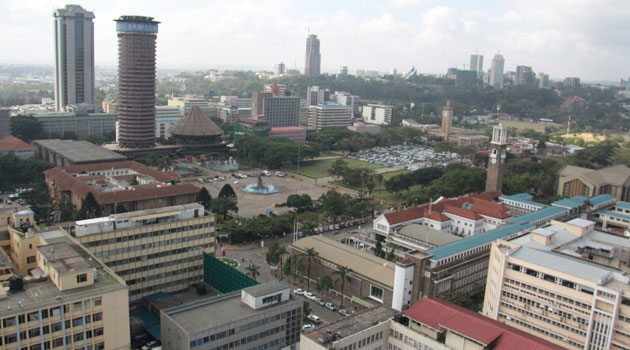
The United Nations’ Global Innovation Index 2017 places Kenya third after South Africa and Mauritius/FILE
NAIROBI, Kenya, Jul 27 – Kenya has been ranked the third most innovative country in sub-Saharan Africa.
The United Nations’ Global Innovation Index 2017 places Kenya third after South Africa and Mauritius.
The index which is in its 10th edition surveys some 130 economies using dozens of metrics, from patent filings to education spending providing decision makers a high-level look at the innovative activity that increasingly drives economic and social growth.
According to the report, sub-Saharan Africa draws its highest scores in institutions and market sophistication.
“Since 2012, sub-Saharan Africa has counted more “innovation achiever” countries than any other region. Kenya, Rwanda, Mozambique, Uganda, Malawi, Madagascar and Senegal stand out for being innovation achievers this year, and several times in the previous years,” the survey indicates.
Globally, Switzerland leads the ranking for the seventh consecutive year, followed by Sweden, the Netherlands, the USA and the UK.
Kenya is ranked number 80 globally, outperforming her development- level peers.
China is the exception at 22, in 2016; China became the first-ever middle-income economy in the top 25.
Israel continues to cement its status as a leader of global innovation according to the index.
For the seventh consecutive year, Israel topped the innovation index’s category for northern Africa and western Asia.
The Jewish state ranked 17th overall in the report’s group of high-income countries, improving its standing by four places from 2016.
The Global Innovation Index 2017 is co-published by Cornell University, INSEAD, and the World Intellectual Property Organization (WIPO, a specialized agency of the United Nations).
“Efforts to bridge the innovation divide have to start with helping emerging economies understand their innovation strengths and weaknesses and create appropriate policies and metrics,” said Soumitra Dutta, Dean, Cornell SC Johnson College of Business, Cornell University.
The theme of the GII 2017, “Innovation Feeding the World,” looks at innovation carried out in agriculture and food systems.
Over the next decades, the agriculture and food sector will face an enormous rise in global demand and increased competition for limited natural resources.
In addition, it will need to adapt to and help mitigate climate change.
Innovation is key to sustaining the productivity growth required to meet this rising demand and to helping enhance the networks that integrate the sustainable food production, processing, distribution, consumption, and waste management known as food systems.
“We are already witnessing the rapid, worldwide emergence of ‘digital agriculture,’ which includes drones, satellite-based sensors, and field robotics,” said Bruno Lanvin, INSEAD Executive Director for Global Indices.
Lanvin noted that there is an urgent need for smart agriculture to optimize supply and distribution chains and foster creative new business models that minimize pressure on land, energy and other natural resources – while addressing the needs of the world’s poorest.



































